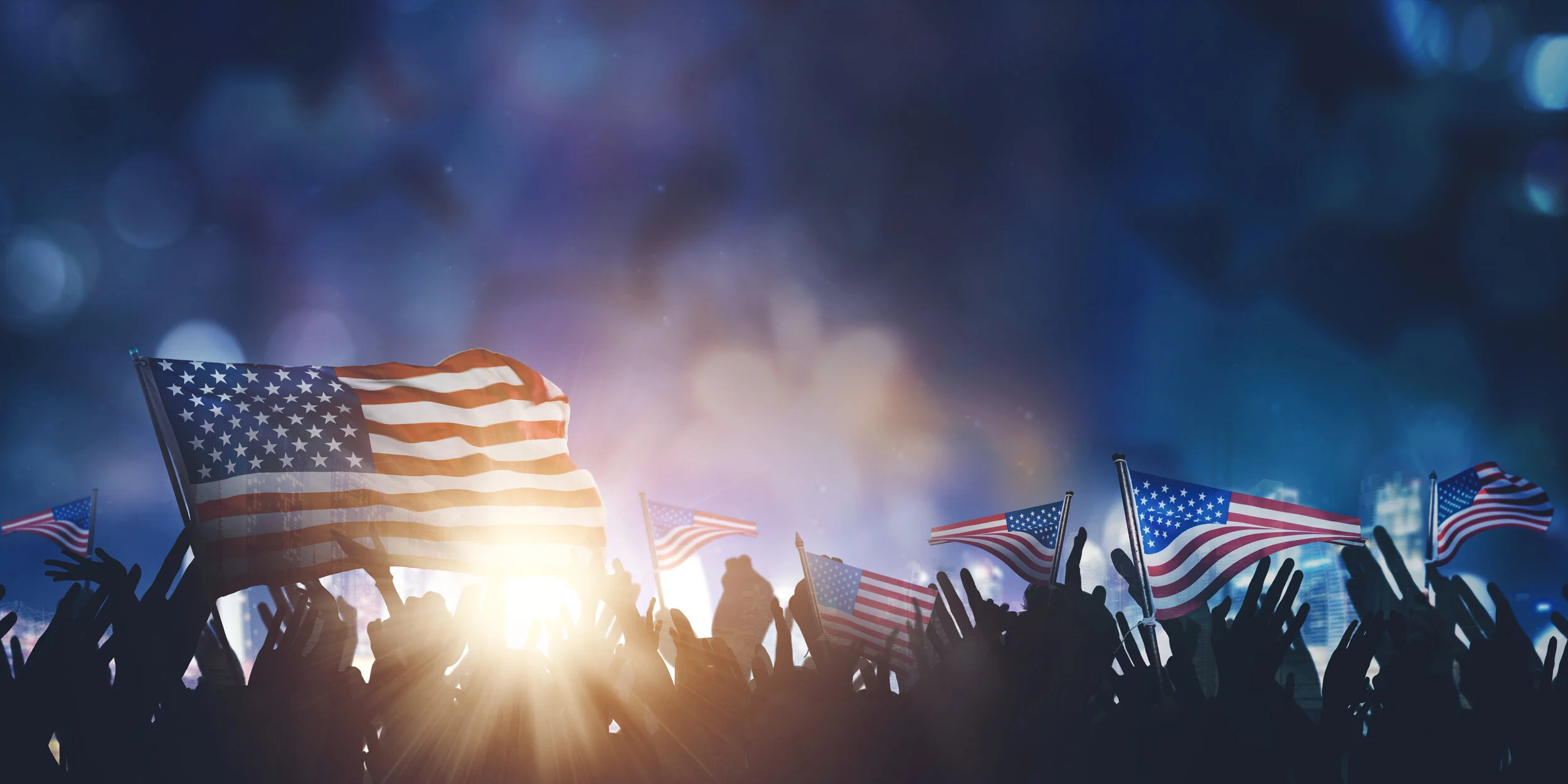It’s been 25 years, but I still remember my first few months in the United States. I quickly fell in love with the melting pot of different cultures in my San Diego community, and I can still picture myself strolling along the sidewalk and encountering people from all different backgrounds. Interesting music and the smell of delicious foods filled the streets as I walked past a variety of restaurants – Chinese, Brazilian, Italian, Japanese, and so many more! I felt part of something much bigger than myself. The feelings of excitement and opportunity made me believe that anything was possible.
Joining this melting pot was an enriching experience for me because it was very different from the Middle Eastern community from where I moved. There everyone came from the same background, followed the same traditions, and held the same values. Now, I was trying new foods, listening to new music, and meeting new people. My curiosity grew, and the diversity I encountered made life much more interesting. Twenty-five years later, I’ve started to question my happy memory of joining an inclusive society. I am starting to think this vibrant melting pot is more like a stained-glass window full of different colors and complementary pieces. While beautiful on the surface, it is fragile and easily shattered.
Over this past year, the killings of George Floyd, Breonna Taylor, and the anti-Asian hate shooting in Atlanta, have brought greater awareness to the violence and hatred that many underrepresented populations face daily.
When I compare my optimistic arrival to the U.S. with the discrimination I see on the news every day, I see two conflicting realities. One has people who focus on being inclusive, self-aware, and kind. I see this truth in my own close circle of friends and in people I meet every day. The other reality, however, is a world where individuals fear people different than them, feeding hatred and creating a rift within our society. We all play a part in which reality perseveres, and these three actions can help us to be intentional and achieve real change:
Be mindful of the dangers of misinformation by questioning what we are told by influential figures, including politicians, religious leaders, or even family members. We often fear what we do not know, and it is natural to want to put our trust in leaders and the media. However, questioning people’s intentions and seeking information from many sources allows us to be aware of those trying to create division or introduce hate. Remaining curious also helps us to address misinformation that feeds discrimination and harmful attitudes.
Be conscious of what is feeding our biases by reflecting inward and confronting our buried prejudices. We are not always aware of our own biases, and this contributes to the ongoing cycle of discrimination. Fear only fuels our stereotypes, and while it is easier to ignore these thoughts, it is our responsibility to look inward and act intentionally if we really want to see change. Instead of adapting an “us versus them” mentality, it is important to be courageous, challenge our biases and actively reject hateful attitudes.
Increase awareness about the prevalence of discrimination by highlighting people’s experiences. The more we learn about others’ stories, the more we realize that we are all the same. Regardless of our background, we all want to be accepted and feel a sense of belonging. If we look beyond our own identities – whether we are American, Asian, or Middle Eastern – and start seeing ourselves as a citizen of the world, we are able to gain a whole new perspective. It is important to share this view and educate the next generation to end the cycle of prejudice. The internet has made us more interconnected than ever, and we can use this as an opportunity to learn more about others, spread awareness about racial issues, and create a more accepting society.
The same streets that excited me and made me feel a sense of unity now represent something more serious. My memory of streets filled with amazing smells, interesting sounds, unique people, and, most importantly, hope is the America that I want all of us to thrive in. This wonderful melting pot where we all live in harmony may today seem more like a dream than a reality, but it is a dream we must strive toward. To break this cycle of discrimination and create a better future for the next generation, we have to be committed to a path that promotes acceptance and love.
Dima Ghawi is the founder of a global talent development company. Her mission is providing guidance to business executives to develop diversity, equity and inclusion strategies and to implement a multi-year plan for advancing quality leaders from within their organization. Through keynote speeches, training programs and executive coaching, Dima has empowered thousands of professionals across the globe to expand their leadership potential. For more information, visit DimaGhawi.com and BreakingVases.com.

